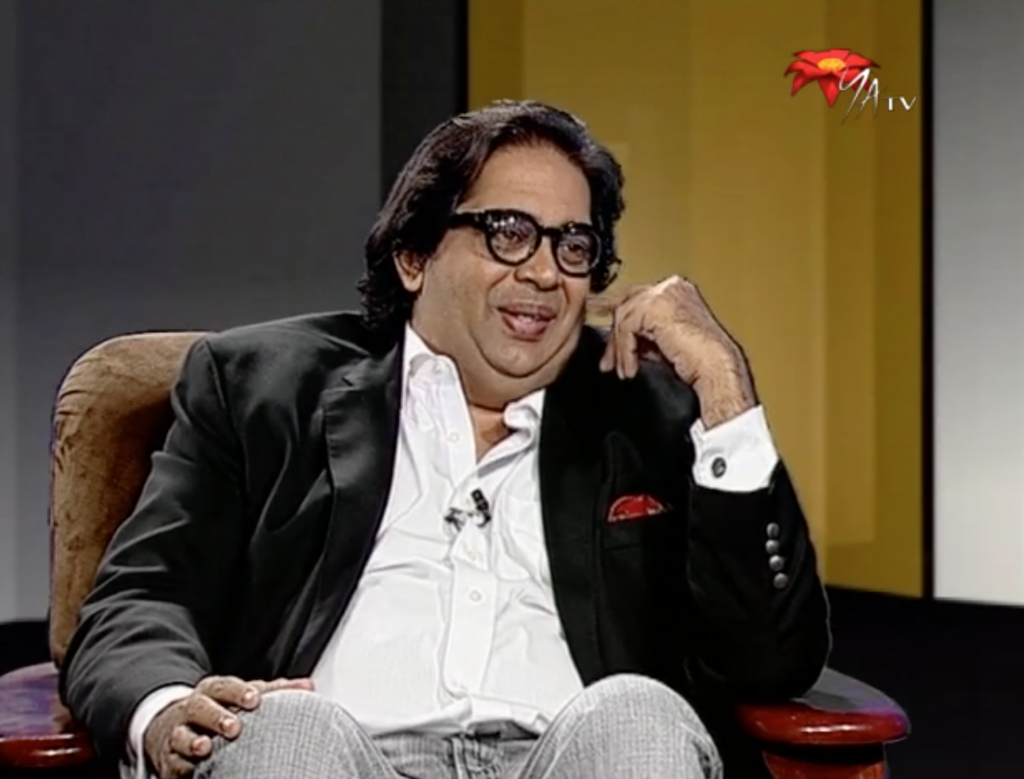Lakshman Joseph de Saram is an internationally acclaimed Film Composer, classical musician & Artistic Director of the Chamber Music Society of Colombo.
We begin our conversation by looking at Lakshman’s childhood – the social milieu he grew up in as well as the circumstances of his household, which were early invitations to the world of classical music. Lakshman is asked whether he had an unfair advantage given his upbringing when he entered the world of music and composing, and whether someone without this exceptional background could also aspire to become what he is today.
We talk about Lakshman’s relatively short stint at Royal College, and both his and his parents take on formal education at the time. Lakshman left Sri Lanka to join the prestigious High School of Performing Arts in Manhattan, New York, where as the only South Asian (and probably only of a few foreigners) at the time, he notes he felt a misfit. We talk about those early years in New York and how it shaped his life and music.
We talk about Lakshman’s growth as a musician. In an interview with the press in 2011, Lakshman noted “I see a massive difference between my perception of a Mozart symphony today, to that of a decade ago. I know that the symphony had not gone anywhere but I certainly have and I appreciate this difference of perception immensely”. In the programme I ask him to what he attributes this ability to discern and distinguish Mozart’s music differently over the years. He is also asked this process of learning, for him, will ever stop.
Lakshman played regularly with and learnt under maestro Premasiri Khemadasa, and noted in the press that “It’s no exaggeration to say that what we identify as an authentically Sri Lankan music is that which was given life to by Master”. I ask him to explain this more, in light of the music created and performed by those such as Pandit Amaradeva and even Master Ravibandu.
We move on to Lakshman’s film scores, and I ask what for Lakshman, music is to a film. Lakshman goes into some detail about how he creates a score for a film, using the critically acclaimed ‘Bel Ami’ from 2012 as an example, Lakshman’s most ambitious score to date. Later on in the interview he also shares some thoughts around his interactions with the great Rachel Portman in the making of the score for this film. I also ask him about his score for ‘Alone in a Valley‘, a new film by Boodee Keerthisena, which is a radical departure from his earlier soundscapes. He also talks about future plans for film scores, particularly after the international exposure of ‘Bel Ami’.
Towards the end of the interview we talk about his association with the Chamber Music Society of Colombo and in particular, whether he would like to see more spaces, in Colombo and Sri Lanka, opening up for classical music to be played. Lakshman has two children, and I end by asking whether he would be comfortable with them not becoming musicians!
Off-camera, I told Lakshman that Mel Gunesekara and I often used to talk about the Chamber Music Society performances at Ladies College Hall and other venues. She rarely missed a concert, though I could only catch a few. Throughout the interview and particularly after it ended, I was overwhelmed by those exchanges. Wherever you are Mel, I hope you can still hear Lakshman and his ensemble play.
